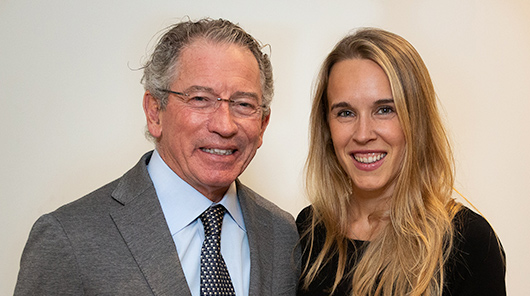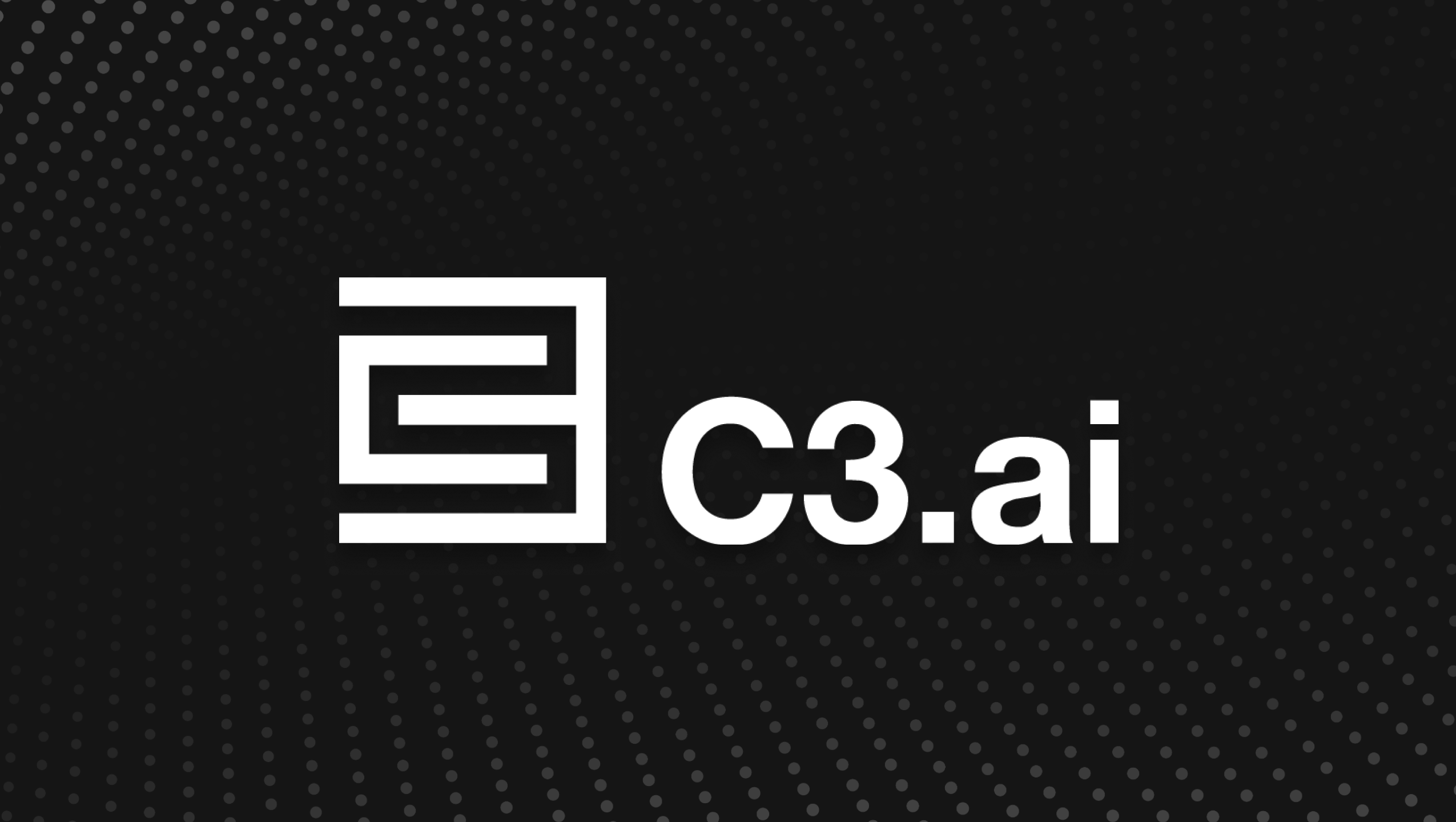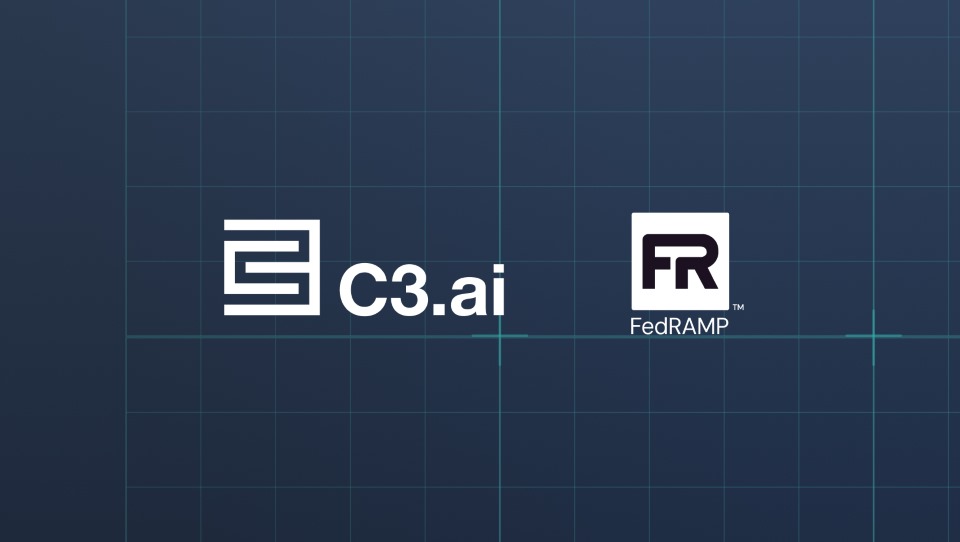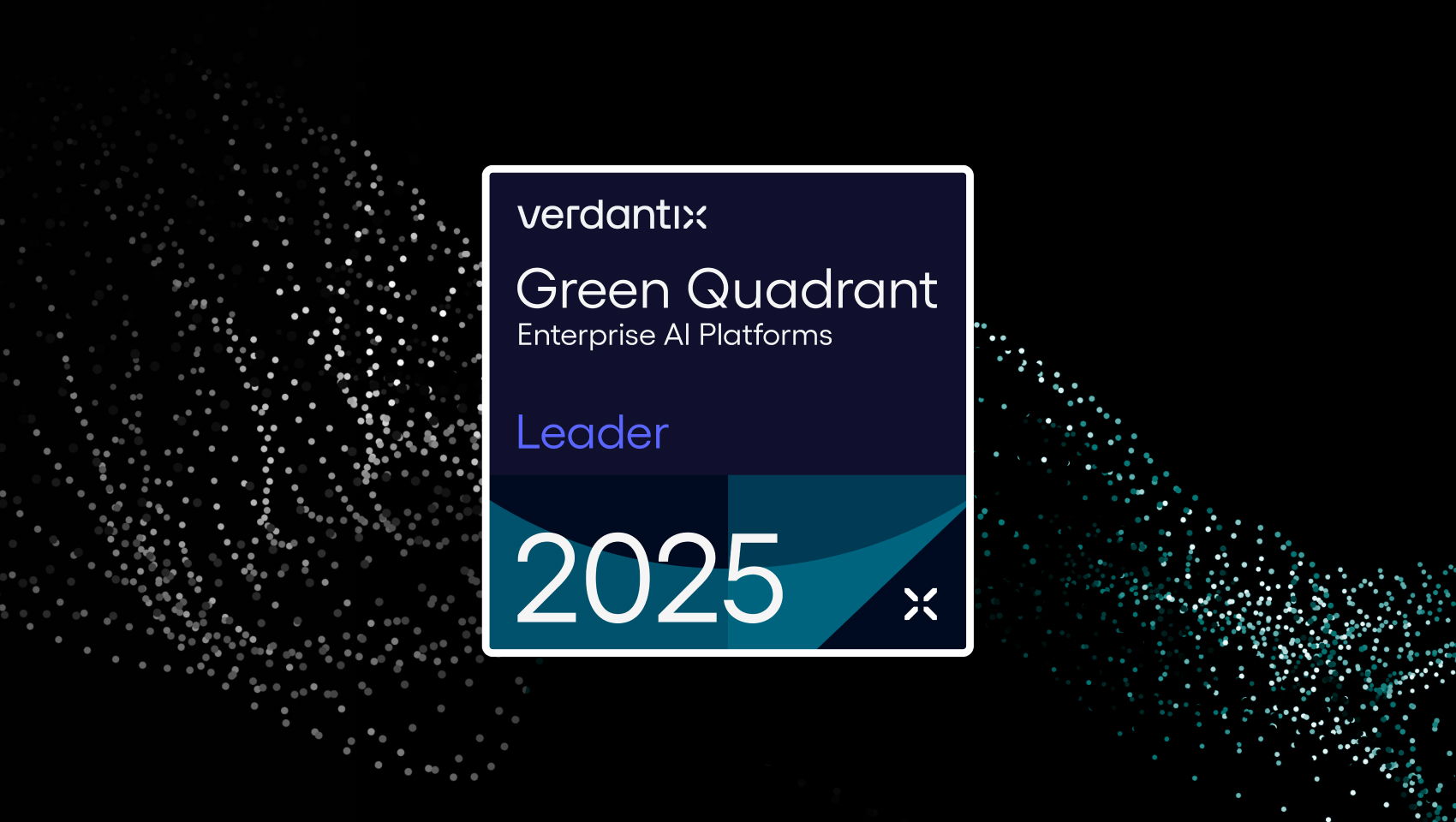C3.ai CEO Thomas M. Siebel held a fireside chat on the social implications of AI today at a sold-out Commonwealth Club forum.
Siebel was interviewed by The Economist’s US Technology editor Alexandra Suich Bass in an hour-long forum on important topics such as the impact of AI on jobs and the middle class‚ privacy concerns‚ the responsibility and liability of social platforms‚ and the brewing AI war between the US and China. Questions from the audience touched on whether AI can be relied on to make moral choices in urgent situations‚ if it’s possible to make a machine ten times smarter than the human brain‚ and the importance of monitoring government-based AI programs.
The impact of AI on the economy will be substantial. Global GDP is projected to increase $15.7 trillion by 2030‚ noted Siebel‚ quoting a recent McKinsey Global Institute study that concluded the US will see an additional 1.2% of GDP growth per year over the next decade.
Despite this productivity boost‚ AI is also causing job losses and US workers will be impacted: “A lot of people are going to be displaced—this needs to be addressed‚” Siebel said. “This is a very important subject—it needs to be at the top of the US agenda.” Potentially 400 million workers—15% of the global workforce—could be displaced by automation‚ while between 555 million and 890 million jobs will be gained. The answer lies in education of today’s students in relevant computer science fields: software coding is now as important in the curriculum as reading‚ science‚ and math‚ said Siebel.
C3.ai CEO Tom Siebel at the San Francisco-based Commonwealth Club
An important distinction will remain between jobs that are entirely automated‚ and jobs that are “AI-assisted.” Radiology is one of the many fields benefitting from AI‚ with technicians able to process more work at a higher degree of accuracy. Siebel disputed the idea that radiology as a career will simply disappear: “I’m not buying the idea that IBM Watson replaces doctors.”
The impact of AI on daily life is likely to be positive overall. Most people will gain access to better healthcare via precision medicine and customized experiences. But AI systems must never be left to operate unaided—the potentially troubling consequences are not worth the risk. Referencing the 1983 incident of a Soviet nuclear early warning system mistakenly reporting a launch of US ballistic missiles‚ Siebel noted that without the intervention of an officer who questioned the data‚ the US and USSR could have unleashed global thermonuclear war.
On the topic of human-like AI experiences‚ Siebel noted that while AI-enabled systems can outperform humans in particular tasks‚ such as playing Go or chess or driving a car‚ they cannot complete with humans on performing multiple tasks. “An AI system can’t beat a human in both chess and Go‚” Siebel noted. “People underestimate the complexity of the human being—the whole human being.”
Siebel discussed in depth the important topic of privacy. Asked whether the use of AI in government needs to be monitored‚ Siebel observed that “the industry is not regulating itself. In the US we’re just starting to recognize the need to protect privacy. It needs to be addressed‚ and if we don’t‚ we’ll be sorry.”
The recent decade of AI and IoT innovation is driven by the CEO imperative to digitally transform. This urgency is driven by the upheaval among long-standing firms. Since the year 2000‚ fifty percent of the Fortune 500 disappeared‚ while new digital companies rapidly took their place‚ said Siebel. The phenomenon mirrors the idea of punctuated equilibrium‚ an evolutionary biology theory described by Stephen Jay Gould‚ that notes long periods of equilibrium in nature are disrupted by massive change‚ causing huge changes in speciation. The extinction of the dinosaurs and rise of mammals is one example of punctuated equilibrium.
Ending on an optimistic note‚ Siebel and Suich Bass discussed the innovative and entrepreneurial opportunities ahead. Siebel concluded‚ “I feel no reason to be pessimistic. We need to recognize these are issues we need to deal with.”
The Commonwealth Club hosted Tom Siebel and Alexandra Suich Bass on November 1 in the Taube Family Auditorium at its San Francisco headquarters.




